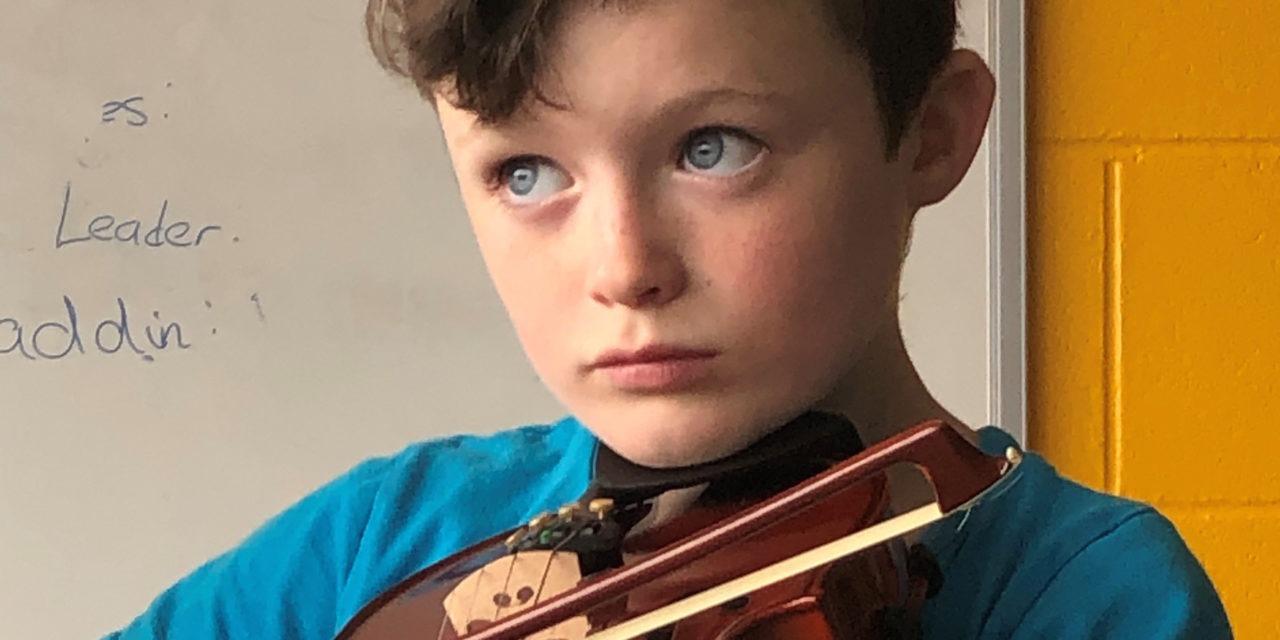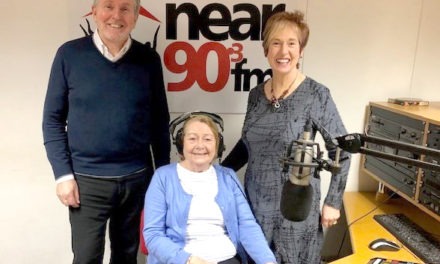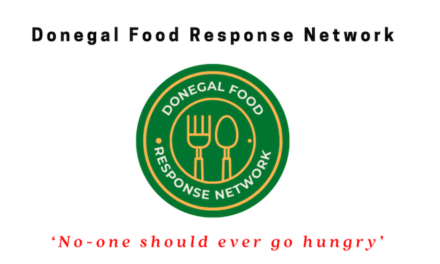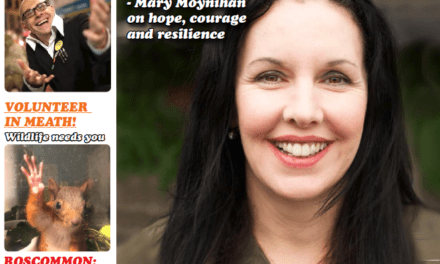Despite the pandemic, every evening schoolkids from three schools in Co. Louth meet online to practice the violin. It’s not the easiest instrument to master, but these children are now musicians who can boast of having performed in front of thousands of people.
The violins they play were funded through LEADER. It is a sign of how varied the support to communities can be nowadays through this fund.
– Music is not meant to be an elite activity
This ‘Dynamics’ project engages 6 and 7-year-old children in Louth who may not have access to musical instruments or training. It is supported by the Cross Border Orchestra of Ireland (CBOI) which was established in 1995 to build relationships north and south of the border through music. The CBOI has become a flagship programme and is probably best know for its Peace Proms.
Context
The Dynamics project has moved away from the traditional way of learning music in Ireland which is often a one-to-one, once a week lesson. Research found that around half of children who learn via one-to-one lessons quit.
The new approach focuses on group-based and peer-to-peer learning. The project drivers see it as “a programme for social change that builds a belief in each child that he or she can take on really difficult challenges and succeed.”
“This method of teaching is a complete game changer,” said Sharon Treacy-Dunne, founding director of CBOI.
The three schools involved are: Mullaghbuoy N.S., Monksland N.S., both on the Cooley Peninsula, and St. Joseph’s N.S., Dundalk.
Objectives
The project aims to challenge the idea of music being elite and to make music more accessible to disadvantaged groups.
It also seeks to show that this ‘Dynamic’ system of education can help address social issues and be transformative for children.

• A rehearsal at Coláiste Chu Chulainn, Dundalk. Photo by CBOI.
Activities
Initially, Louth County Council supported a small pilot with Monksland N.S. which provided the impetus for the CBOI to approach Louth LEADER Partnership about a wider programme across the county.
“Those six months running the pilot really helped us in building a very strong application,” said Ms. Treacy-Dunne.
The CBOI sought funding to support the purchase of violins and to help pay for tuition. They worked closely with project officers in Louth LEADER Partnership (LLP) to get the project application to approval stage.
“I found it really good in comparison to some other funders where applications are unnecessarily complex,” said Ms. Treacy-Dunne.
She said LLP staff “were great, very clear, very straight forward.”
Since it began, 80 students from three schools have joined and they take part in daily 40-minute lessons (currently via Zoom).
This project targets primary school children who live in isolated rural areas and/or experience socio-economic deprivation
Children with anxiety and other issues have benefitted. Some of the children learned to completely overcome their anxieties and fears.
Children with learning difficulties benefited greatly. It helped them to excel in other areas of their schooling and to have more confidence.
Teachers noted how the project transformed the class groups – the children grew to love school and attendance improved as the children don’t want to miss violin lessons.
Within a year, the Dynamics children had performed in the RDS, Dublin, in front of 4,000 people.
Music to everyone’s ears!
Lessons
The CBOI advises anyone developing their own LEADER project: “Build a good relationship with your funder and project officer, as they will help guide you through the process and help solve any issues you may be experiencing with your application.”
Budget
Total LEADER funding awarded to date amounts to €17,475 broken down as follows €10,974. EAFRD (EU) with €6,501 being the national contribution. Private matched funding of €4,961 came from the organisation’s own funds.
Louth LEADER Partnership gave guidance in pulling the application and supporting materials together to get the project over the line.
“We had a lot of supplementary materials, justifications and information to pull together to get through the process. But we had help at the other end of the phone or an email when we needed it and that was key,” said Ms. Treacy-Dunne, Director, CBOI.
The LEADER funding was provided under its social inclusion subtheme: “Basic Services Targeted at Hard to Reach Communities”.
COLLABORATION
This is part of a series by ‘Changing Ireland’. Thanks to staff in the LEADER Policy and Operations Unit at the Department of Rural and Community Development and to Dr. Maura Farrell, NUIG, for their co-operation.





